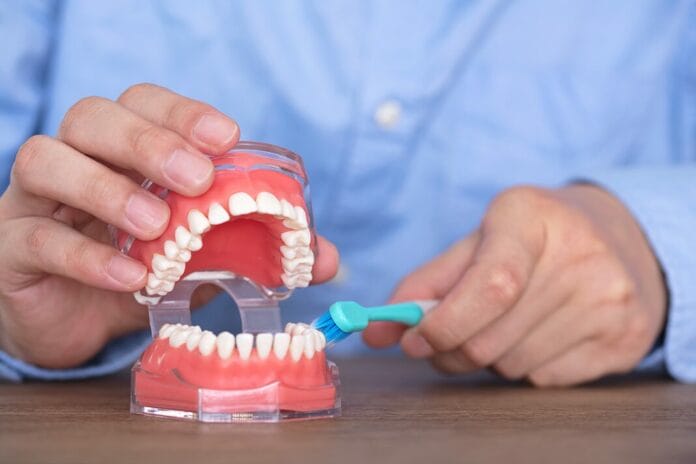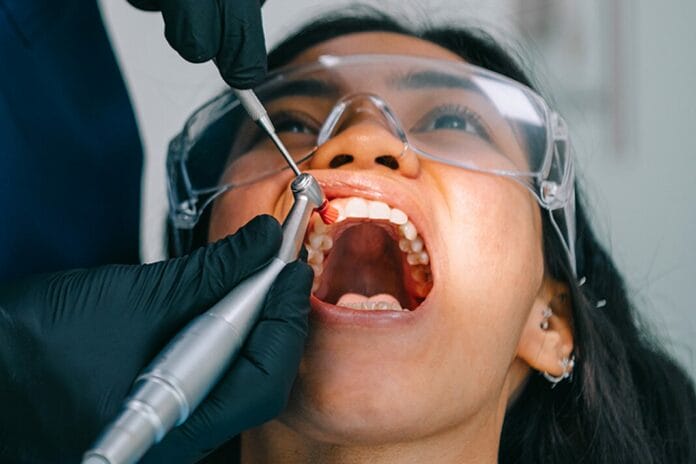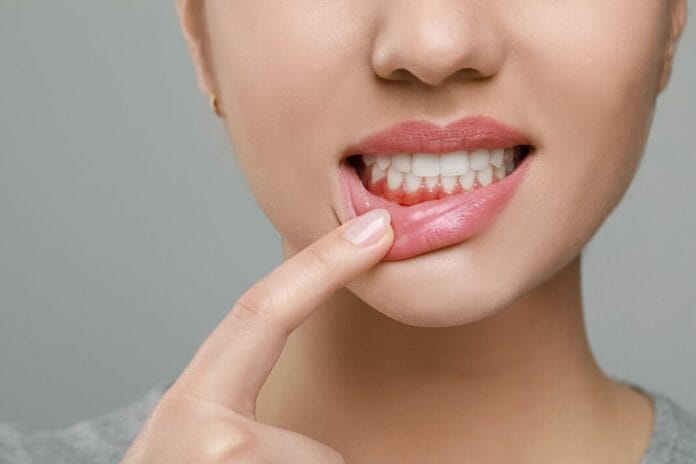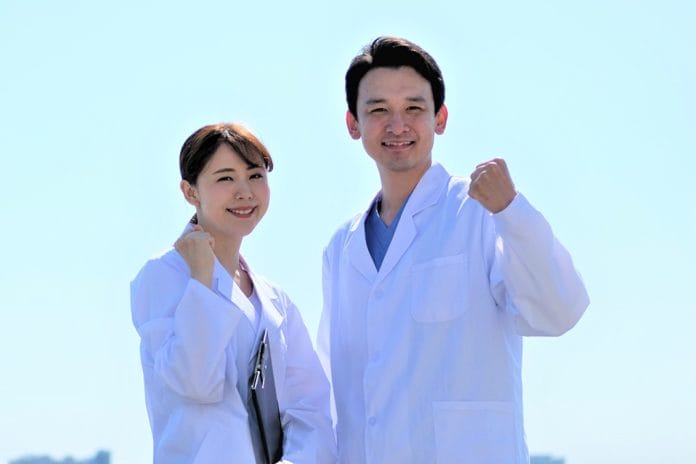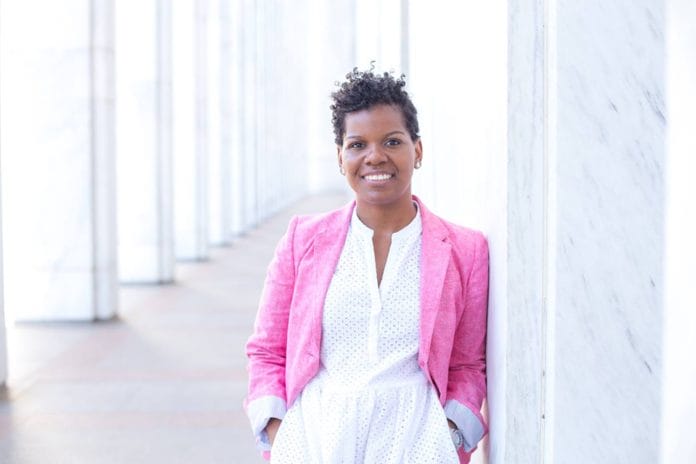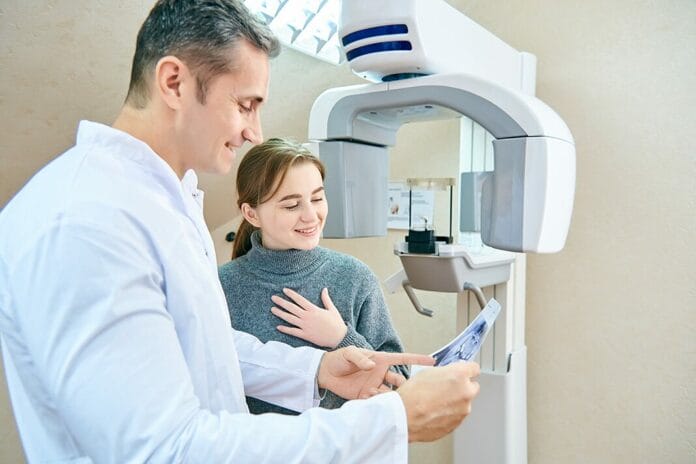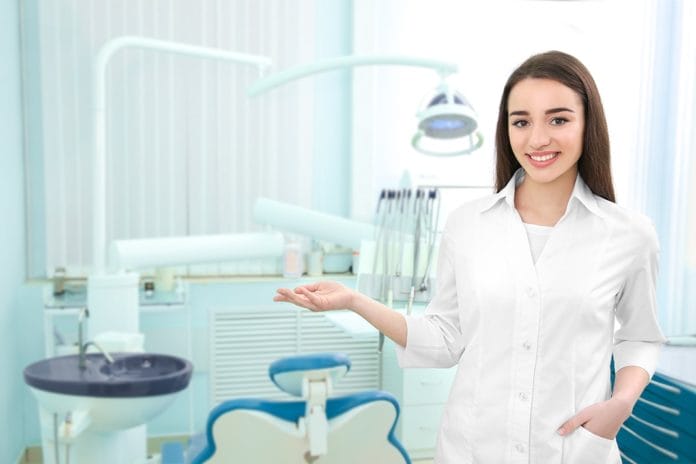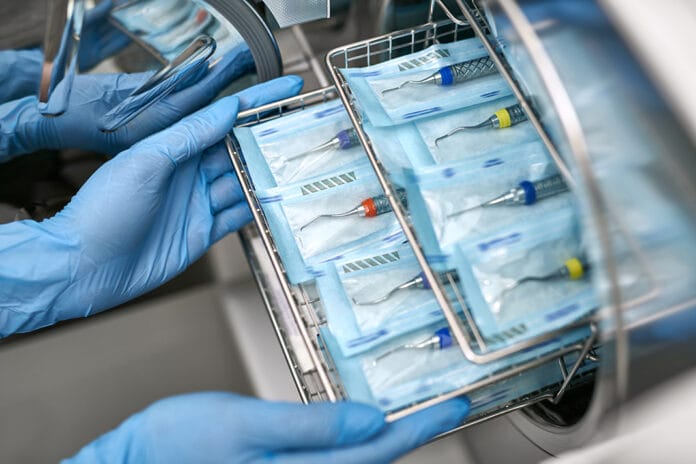Kaitlyn Machado, RDH, BS, MEd, FADHA
Ergonomics and Injury: A Hygienist’s Personal Experience on Its Lasting Effects
One of the first things dental hygiene faculty teach students is proper chair positions and how crucial ergonomics are for career longevity. Is it...
A Hygienist’s Game Plan to Conquer Dental Conference Exhibit Halls
Many dental conferences include an exhibit hall aspect. I have experienced exhibits big and small, and I absolutely love this part of any dental...
A Hygienist’s Guide to Succeeding at Dental Conferences
I absolutely love attending dental conferences, especially when it is an excuse to travel. However, it can be overwhelming at times when there are...
Brushing Up: A Refresher on Different Toothbrushing Methods
Dental hygienists learn a ton of information about head and neck anatomy, pharmacology, radiography, dental materials, and everything in between. However, we may have...
11 Reminders and Tips for Newly Graduated Dental Hygienists
With spring in full swing, many dental hygiene students have graduated and are beginning their careers. Here are 11 helpful reminders and tips for...
Stain, Stain, Go Away: 8 Causes of Extrinsic Tooth Staining
We have all seen firsthand that teeth become stained - some more than others. Our patients know and see it, too. They will let...
Dental Polishing and Cleansing Agents: A Quick Guide to Coronal Polishing Considerations
The concept of polishing was noted in Roman and Greek writing. It was not until Pierre Fauchard, the father of modern dentistry, associated polishing...
It’s National Dental Hygiene Month: The Best Time of the Year!
October is National Dental Hygiene Month! This is the time when dental hygiene is nationally appreciated. We are celebrating all we do in our...
Dental Hygienist and Military Spouse: The Experience, Challenges, and Rewards
One of my favorite parts of attending conferences is having the opportunity to meet fellow hygienists across the country. This summer, I was fortunate...
We Got a 4346, I Repeat 4346, Over: Understanding D4346 and Benefits of Using It
Introduced in 2017, the CDT procedure code D4346, “scaling in the presence of generalized moderate or severe gingival inflammation,” is not new. It was...
Purple is for Dentistry: A Brief History on the Color Choice
Did you know that purple is the official color of dentistry? If you did, you probably have a purple T-shirt, headband, tumbler, or dental...
Boosting Morale in the Workplace: Dental Teamwork Makes the Dream Work, Right?
It doesn't matter if you are a part-time or full-time hygienist. You are at your office or other dental health setting for the majority...
What Other Hygienists Do: Be an Advocate Through a Non-Profit
Advocacy is a huge part of working with the community and different populations. When I think of advocacy, my first thought is Alicia Murria,...
What Other Hygienists Do: A Look at a School-Based Dental Program
Dental public health focuses on preventing and controlling oral diseases through organized community efforts. It includes "oral health education of the public, applied dental...
What Other Hygienists Do: A Look at Care Behind Bars
When we first entered dental hygiene school, we were taught that as dental hygienists, we perform many different roles, such as clinician, advocate, researcher,...
13 Dental Hygiene Interviewing Tips on What to Consider and Ask During an Interview
Seven years ago, I was still getting the hang of being a new working dental hygienist. At the same time, one of my first...
Refusing Refusals: Why Dental Professionals Need to Defend the Standard of Care
Haven’t we all had a patient refuse assessment modalities or treatment? Some patients do not want anything to do with certain procedures, whether that...
10 Tips for Improving Your Operatory to Make Your Life Easier
There are many needed materials and supplies involved in dental hygiene, and most of them lie within our operatories. You have oral hygiene/education instruction...
You Missed a Spot: 11 OSHA and Infection Control Details Dental Professionals Don’t Want to Overlook
Yeah, yeah, yeah, we all know that OSHA and infection control are crucial pillars of what we do each and every day in dentistry....
Dental Hygienists Are Oral Health Prevention Specialists: It’s Not “Just a Cleaning”
Besides late patients, colleagues know that one of my biggest pet peeves as a dental hygienist is when people use the term “cleaning.” “Just...




